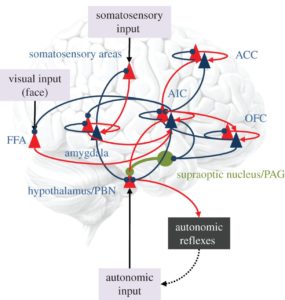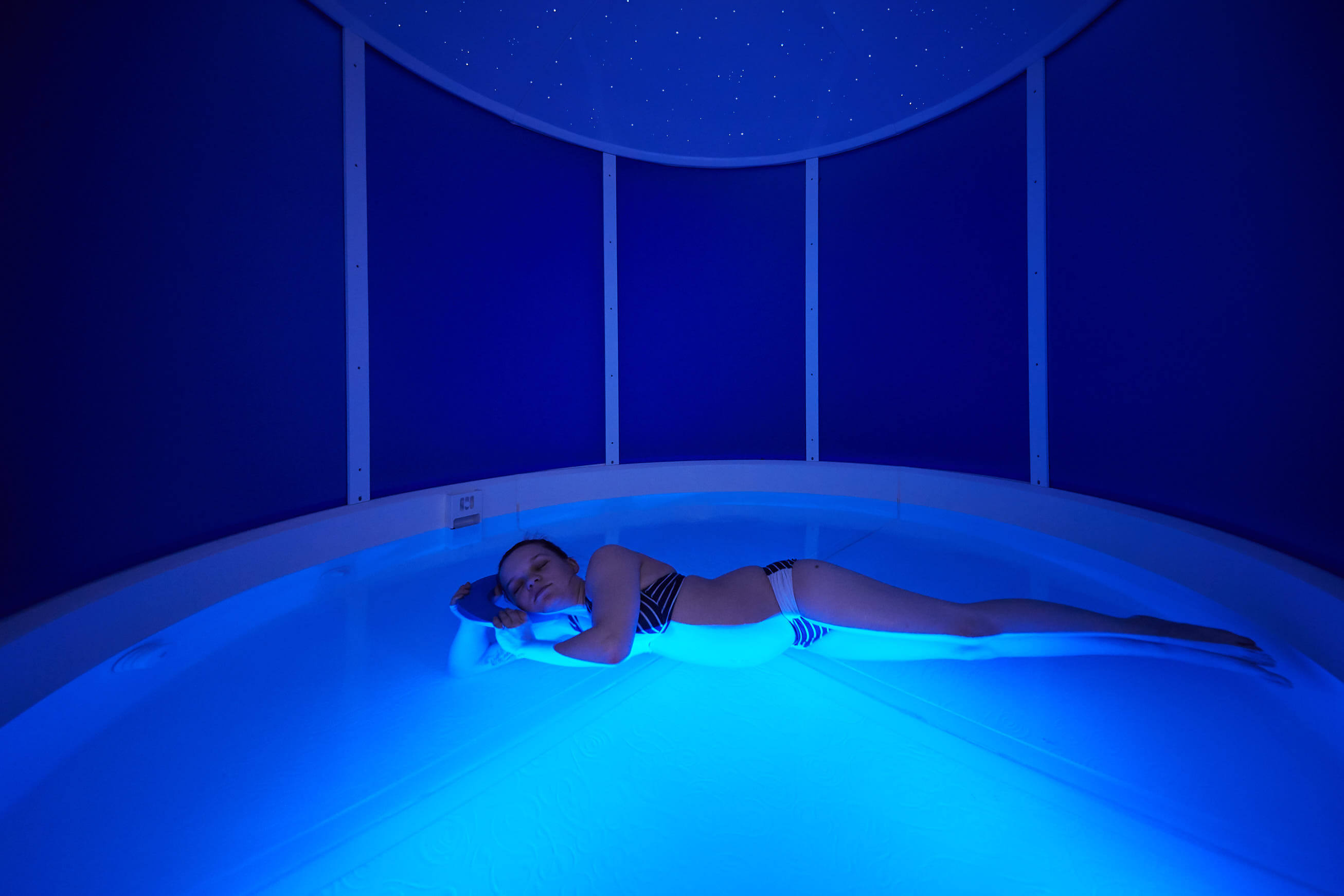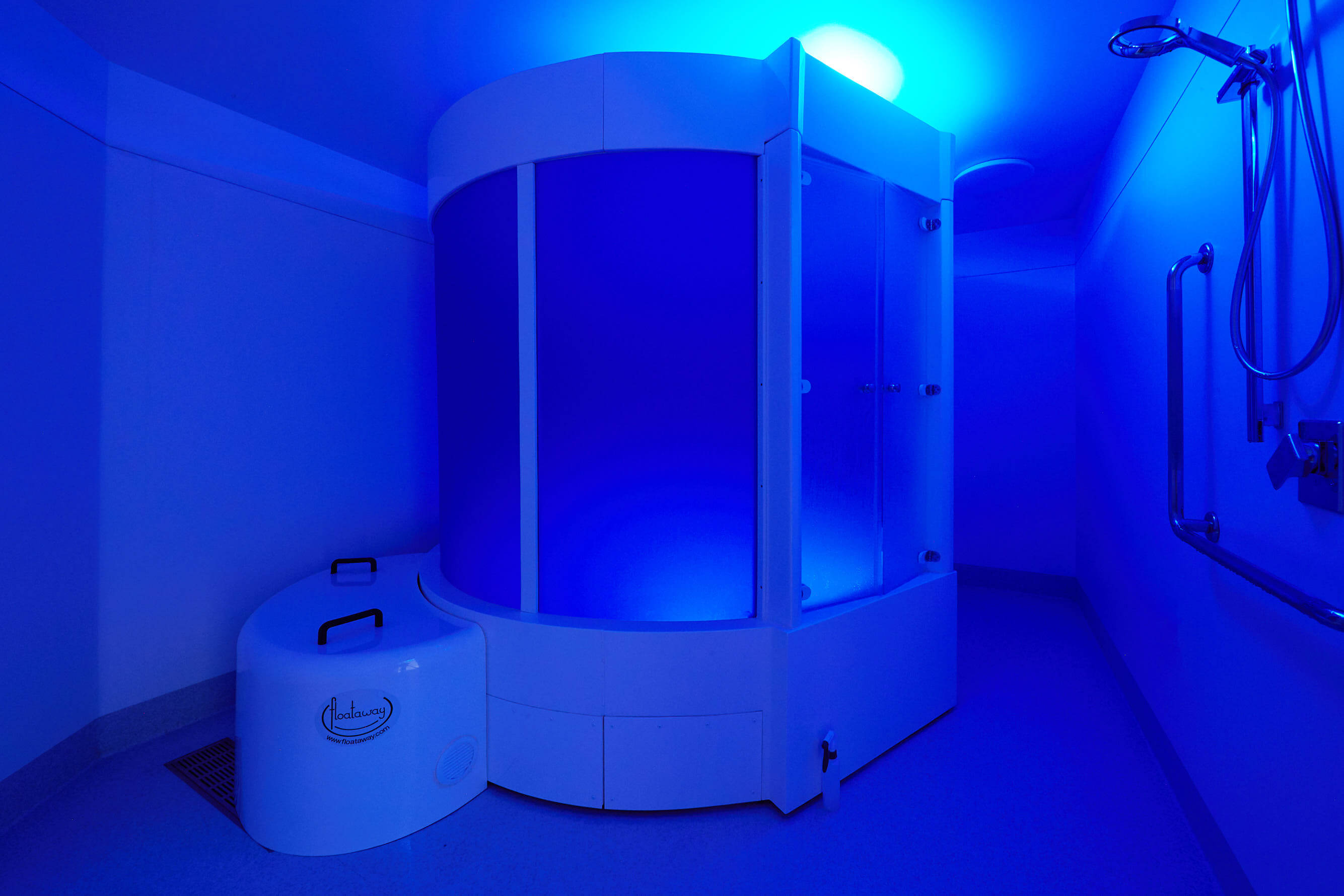
One word: Interoception.
Google it. It is our brain’s ability to sense what is going on inside of our bodies. Research has shown that an increase in interoception can lead to higher levels of
resilience and abilities to cope with stress as well as many other disorders (
anxiety,
addictions,
insomnia,
autism etc.). The problem is, we don’t take enough time to slow down and “listen” to how we’re actually doing inside.
Floating has a profound effect on increasing interoception because you are in an environment where many of your external senses are minimised (sound, gravity, light etc.) giving the brain a heightened sensory enhancement of interoception. Traditionally the therapy used to be called “Sensory Deprivation” but researchers such as Dr. Justin Feinstein and Dr. Sahib Khalsa argue that is should rather be called “Sensory Enhancement”
It is really important that you choose a float clinic that has intentionally designed an environment where your exteroception is minimised to enhance interoception. Are the rooms soundproof? Is there light coming through the ceiling or doors? Do you feel the water’s temperature? These are good question to know whether you are giving your brain the optimal environment to take your mind into an enhanced interoceptive state. If you are distracted by noises coming through the door or you are feeling hot, cold, stuffy (too much humidity – not enough fresh airflow) or there’s light coming from somewhere, there’s a strong chance that you won’t receive the many benefits that come with increased interoception.
When building our Hamilton float clinic, we made sure that we do not cut corners on soundproofing, temperature, humidity control, water quality and light penetration. Our float tanks are developed by the leading clinical float research and manufacturing company, Floataway from the UK so you can rest assured while you float your stress away…










